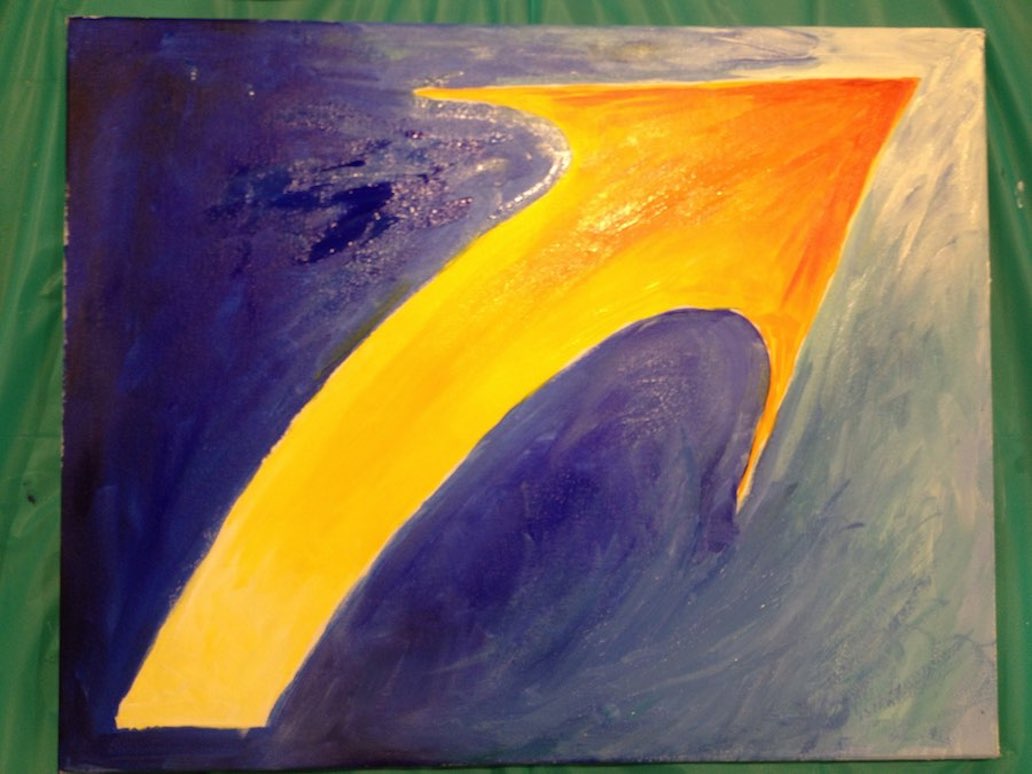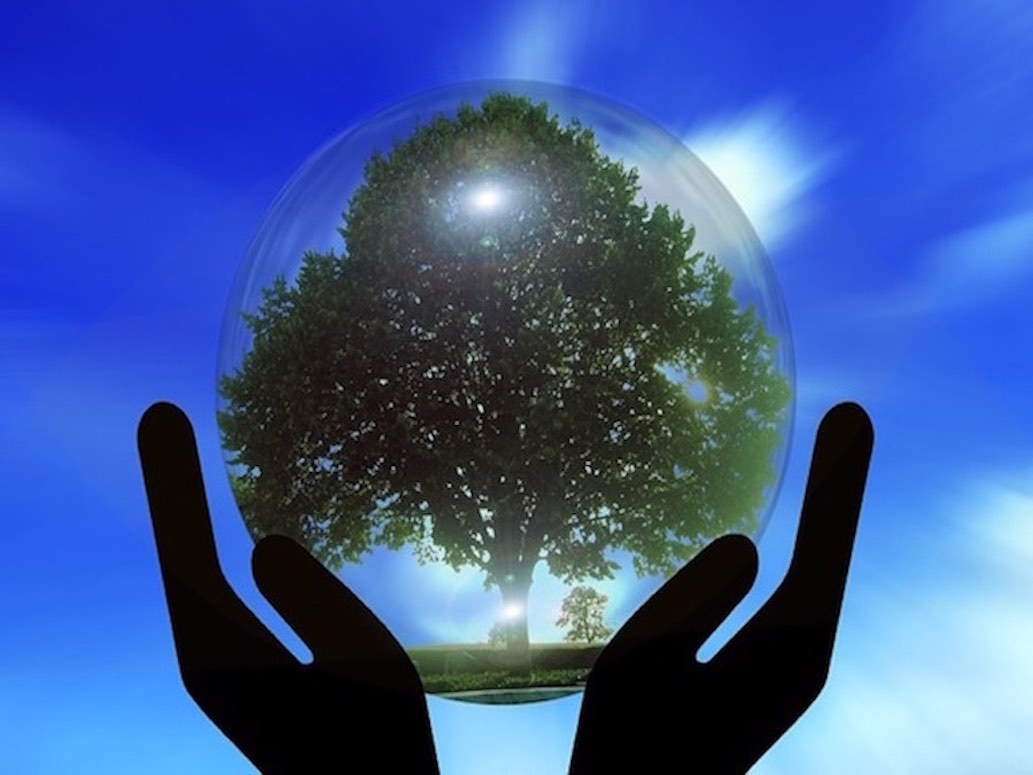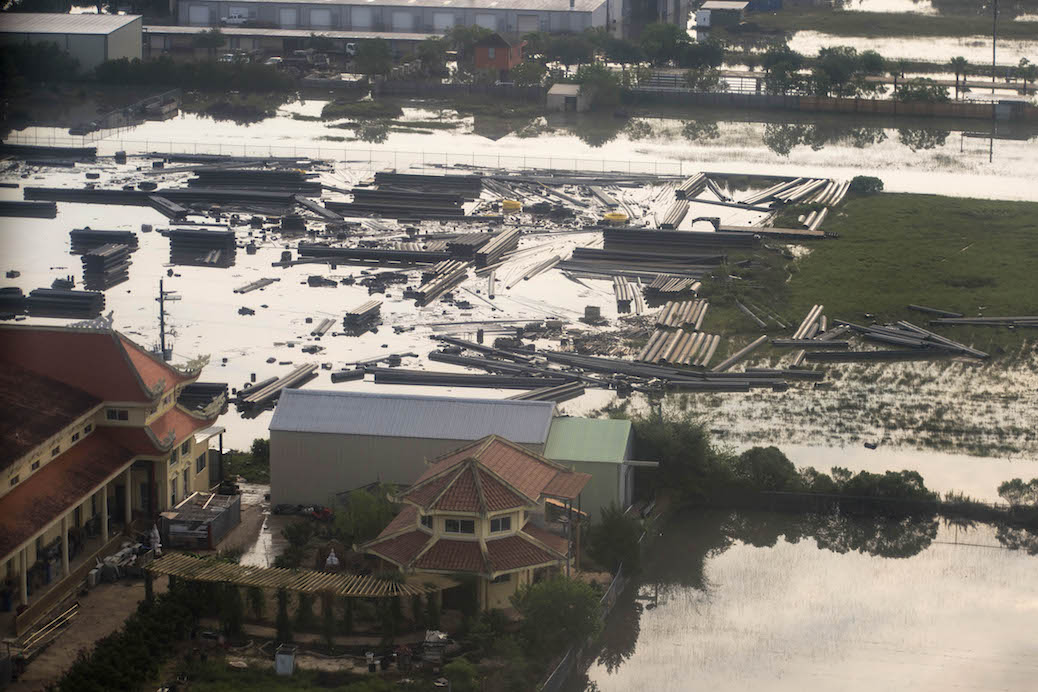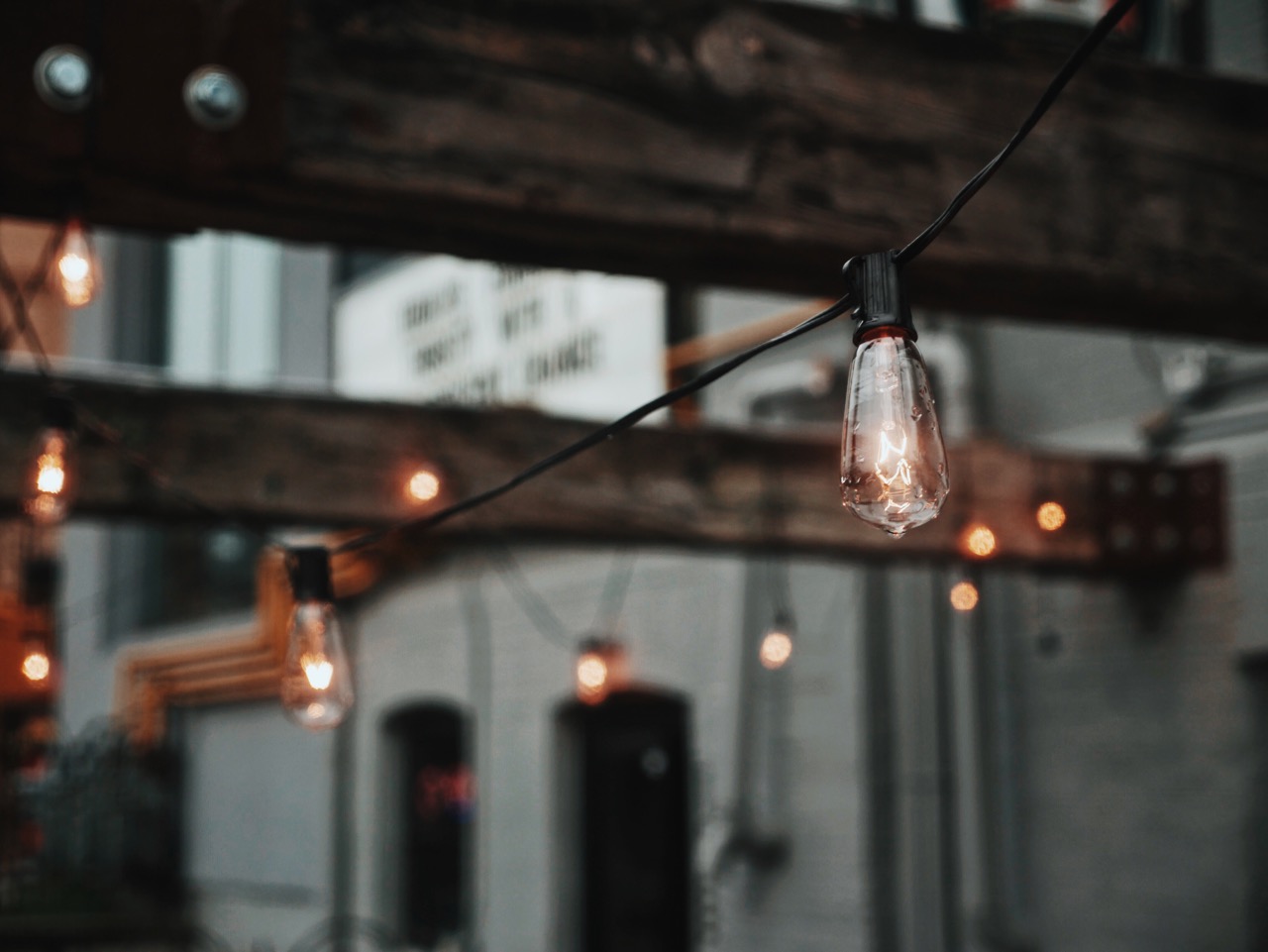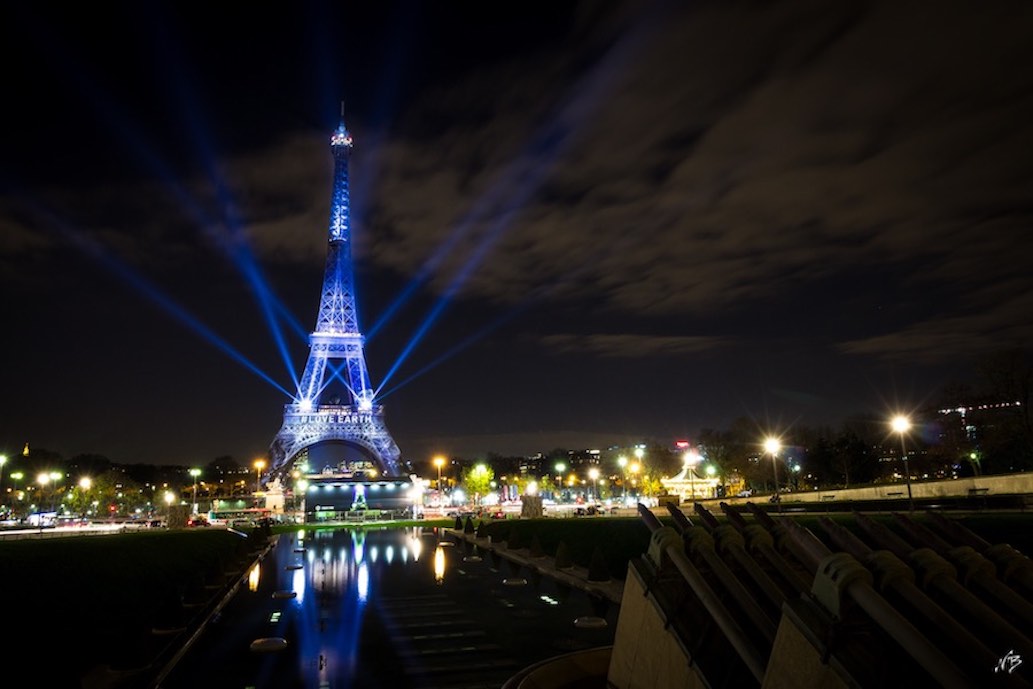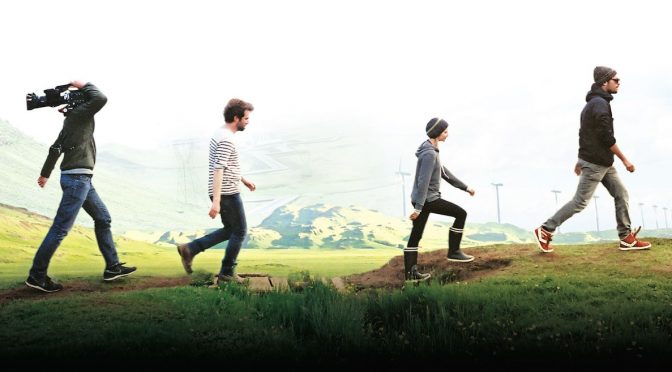
The Message of a Better Tomorrow Resonates Across the U.S. (and the globe)
- Activism, Agriculture, Commentary, Community, Energy, Enviroment, News, Solutions, Sustainable Development
- environmental, environmental film, environmental solutions, Featured, positive future, sustainability, tomorrow documentary
- May 2, 2017
Last month I spoke with Cyril Dion, a French filmmaker, writer, and activist. Dion co-produced the documentary Tomorrow with the actress, director, screenwriter, and musician Melanie Laurent.
Tomorrow won the 2016 French César for Best Documentary. After a successful release in more than 20 countries, the film made its U.S. debut in the Bay Area the weekend of April 14. When we talked the following Monday, a tired yet determined-looking Dion said he was encouraged by the overwhelming enthusiasm for the film’s message of solutions and empowerment.
That enthusiasm continues. In a nation beleaguered by uncertainty and antagonism, Tomorrow has clearly struck a chord across the U.S.
As of this writing, Tomorrow is held over in NY, LA, San Diego, San Francisco, among other cities.
The road to Tomorrow
 Shortly after Laurent gave birth to her first child, she learned of the 2012 Nature article, Approaching a state shift in Earth’s biosphere. Co-authored by Anthony Barnosky, a paleobiologist, professor emeritus of integrative biology at UC Berkeley and currently executive director of the Stanford Jasper Ridge Biological Reserve, the paper’s stark warning of a rapidly approaching biological tipping point was an alarming awakening for get xanax a new mother in the 21st century.
Shortly after Laurent gave birth to her first child, she learned of the 2012 Nature article, Approaching a state shift in Earth’s biosphere. Co-authored by Anthony Barnosky, a paleobiologist, professor emeritus of integrative biology at UC Berkeley and currently executive director of the Stanford Jasper Ridge Biological Reserve, the paper’s stark warning of a rapidly approaching biological tipping point was an alarming awakening for get xanax a new mother in the 21st century.
We can avoid the severely – and suddenly – altered world that potentially awaits Laurent’s ativan online child and the two billion other children expected on the planet by 2050. But the time to act, the article warned, is now. Waiting until after an ecological collapse to find viable solutions will be too late.
Fighting catastrophe fatigue
With that dire message, Laurent, Dion and a crew of four set out to tell a different story. We can imagine a better future for our children. If that sounds improbable, we need only look at what people all over the world are doing right now to shape the future of their families, communities, and the
The film acknowledges the urgent message from Barnosky’s work, and that of many others, but doesn’t dwell on the darkness. Instead, it focuses on active solutions.
 “People feel helpless… that they are too small to do anything about it,” Dion says.
“People feel helpless… that they are too small to do anything about it,” Dion says.
“I really wanted to make a tool to empower people. To show them that we can start where we are and we can also build a movement.”
A better world, the film posits, can rest on four pillars, looking at each one in turn:
-
- Agriculture: For anyone living in the industrialized world and born after 1950, the idea of anything other than industrial farming is an esoteric “niche.” It’s hard to imagine that the exact opposite might be true.
-
- Energy: A low carbon energy economy is the right side of history. A continued “business-as-usual” reliance on high-carbon, extractive energy sources is the wrong side of history. Everybody know that. Well, almost everybody.
- Education: The chances of success for a single individual, and thus an entire society, rests on order stromectol a good education.
-
- Democracy: How we choose our leaders demands an informed and engaged citizenry (see above). Oligarchy is what happens when people don’t know or don’t care, allowing fear and emotion to dictate their decisions.
There are innovative solutions for each. Solutions not only “being tried,” but working and expanding.

A world reimagined
In another interview yesterday, Barnosky told me he remains optimistic. Messages like the one in Tomorrow are important, he says. It demonstrates the groundswell of community action globally, suggesting a different narrative for a “global economy.” One that starts with people clomid online and communities, connected through a shared belief in their own power to effect change. Not by “saving the world,” but by working in their own communities, their own little plot of land. Think globally, act locally.
But it’s also about being present, here and now, and imagining the kind of future we want.
“If we can imagine the world differently,” says Dion, “it’s going to have an impact on the economic and political structure.”
“We are human beings, so we imagine first. We first need to change the vision, the narrative of the world.”
Tomorrow shows a world reimagined, but real.
Tomorrow – Trailer from Under The Milky Way on Vimeo.
